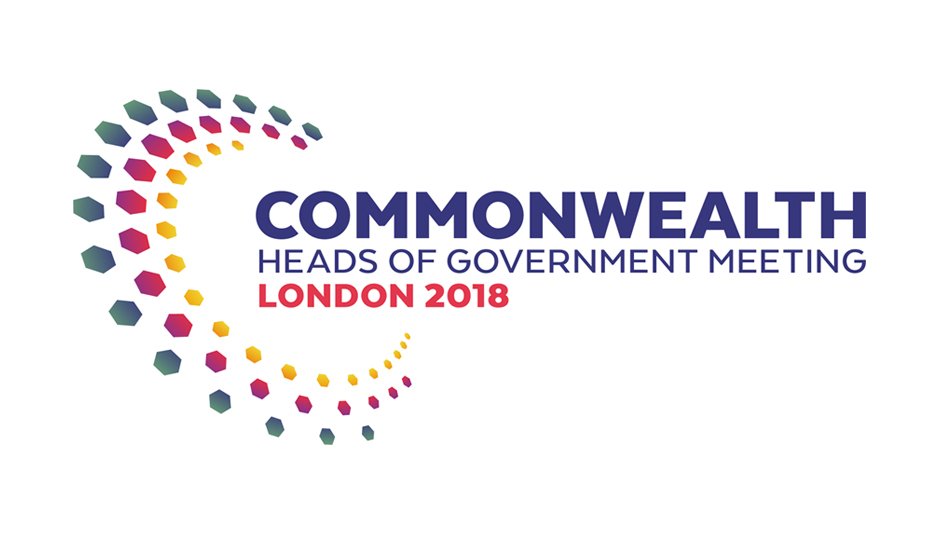Skip to content

- The upcoming Commonwealth Heads of Government Meeting (CHOGM) in London next week.
- UK is keen to include a strongly-worded paragraph on the Salisbury incident.
- At the CHOGM summit, the negotiators are also discussing a declaration on “cyber crime”.
Salisbury incident
- Three people exposed to a nerve agent in Salisbury.
- The British authorities had concluded that the plot to kill former Russian spy Sergei Skripal and his daughter Yulia, by using a nerve agent, was carried out by Russia.
- Though the Salisbury incident took place over a month ago, on March 4, India has refrained from issuing a statement.
- The only Indian statement on the issue was at the Organisation for the Prohibition of Chemical Weapons (OPCW)’s special session, where Indian envoy that “India, like all other countries, should await the outcome of the investigation” done by the OPCW.
Commonwealth Heads of Government Meeting (CHOGM)
- Commonwealth Heads of Government Meeting (CHOGM) is a biennial summit meeting of the heads of government from all Commonwealth nations. Every two years the meeting is held in a different member state and is chaired by that nation’s respective Prime Minister or President who becomes the Commonwealth Chair-in-Office until the next meeting. Queen Elizabeth II, who is the Head of the Commonwealth, attended every CHOGM beginning with Ottawa in 1973 until Perth in 2011.
- In the past, CHOGMs have attempted to orchestrate common policies on certain contentious issues and current events, with a special focus on issues affecting member nations.
- CHOGMs have discussed the continuation of apartheid rule in South Africa and how to end it, military coups in Pakistan and Fiji, and allegations of electoral fraud in Zimbabwe.
- Under the Millbrook Commonwealth Action Programme, each CHOGM is responsible for renewing the remit of the Commonwealth Ministerial Action Group, whose responsibility it is to uphold the Harare Declaration on the core political principles of the Commonwealth.
Organisation for the Prohibition of Chemical Weapons (OPCW)
- The Organisation for the Prohibition of Chemical Weapons (OPCW) is an intergovernmental organisation and the implementing body for the Chemical Weapons Convention, which entered into force on 29 April 1997.
- The OPCW, with its 192 member states, has its seat in The Hague, Netherlands, and oversees the global endeavour for the permanent and verifiable elimination of chemical weapons.
- The organisation promotes and verifies the adherence to the Chemical Weapons Convention, which prohibits the use of chemical weapons and requires their destruction.
- Verification consists both of evaluation of declarations by member states and onsite inspections.
- The organisation was awarded the 2013 Nobel Peace Prize for its extensive efforts to eliminate chemical weapons.
- The organisation is not an agency of the United Nations, but cooperates both on policy and practical issues.
Organisational structure
- The activities of the OPCW and its core organisational structure are described in the Chemical Weapons Convention (whose members are all in OPCW).
- The principal body is the Conference of the States Parties (CSP), which normally is convened yearly, and in which all countries participate and have equal voting rights.
- The Executive Council (EC) is the executive organ of the organisation and consists of 41 States Parties, which are appointed by the Conference on a 2-year term.

